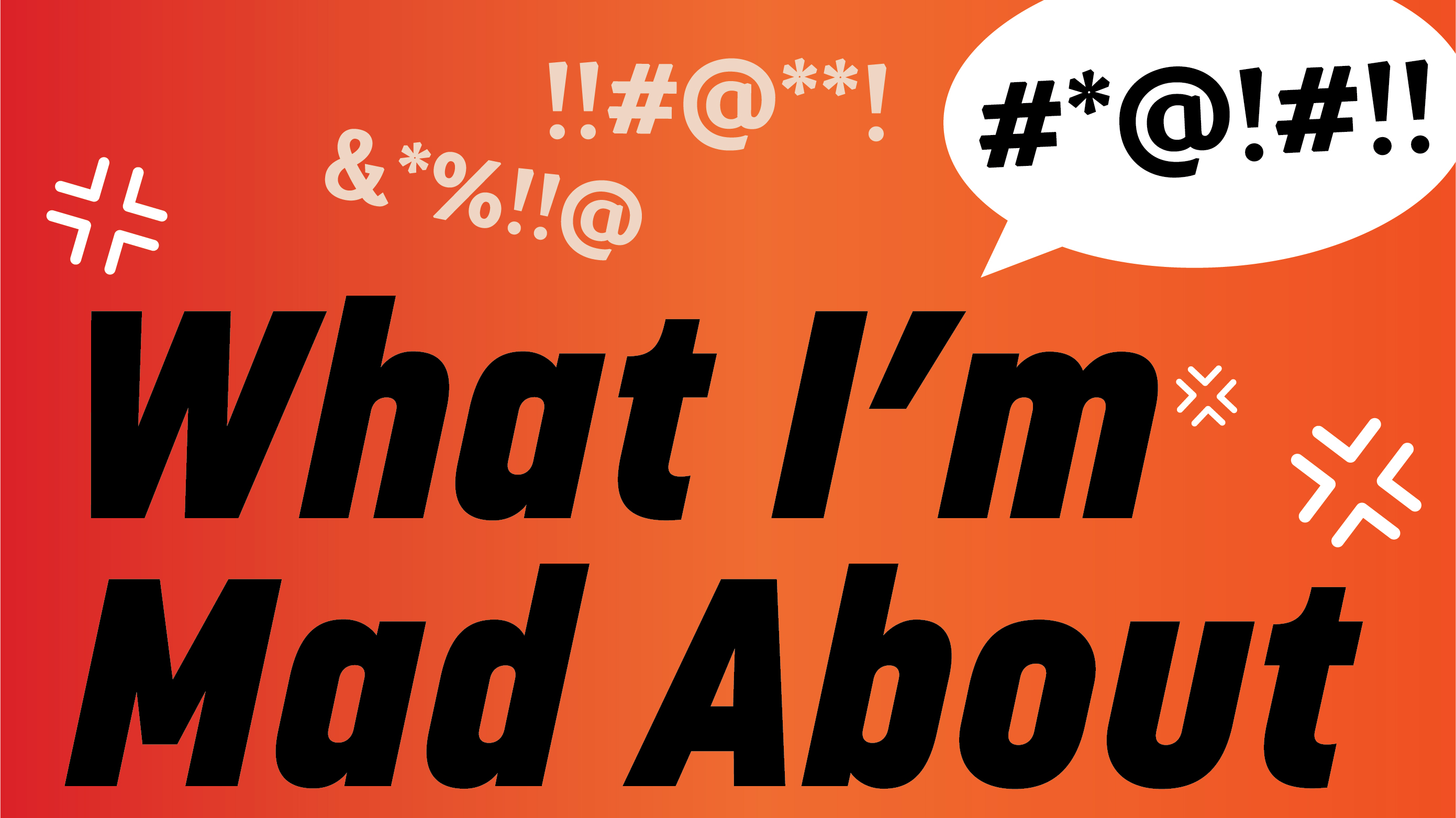
Does social media lead to miscommunication?
By: Kayla Hunt, Columnist
Many people tend to view social media as an improper source for individuals to receive their news. I primarily get my news straight from social media. I’m always on it throughout the day — mainly Twitter. It seems as though Twitter is always up to date.
I usually watch Rachel Maddow‘s show every night, and it can sometimes be conflicting to hear different facts, perspectives and opinions regarding the same story that you read on Twitter.
When getting a news story from social media networks — such as Twitter — you are primarily viewing the perspectives of millennials. However, when reading the same stories in the newspapers or hearing it broadcast on news channels such as CNN or NBC, the perspective you are receiving is completely different, especially when the stories revolve around politics.
I like reading about news stories on social media because it allows me to view the perspectives of my peers. It also can be more relieving to see that my peers and I share some of the same viewpoints and agree on the same things. I completely understand how bias and inaccuracy can come into play when relying on social media as your primary news source. However, I disagree with limiting these characteristics of inaccuracy and bias to only news stories that are covered on social media.
I feel as though the news industry is a very large industry, and it is very easy for stories to be misconstrued, even on large news channels such as CNN.
In the article, Mass Communication or Miscommunication, Brian Young briefly describes the miscommunication that often occurs in the news industry. Through the lines of transmission, information can easily be misconstrued, which in turn affects people’s perspectives on stories.
Information can easily be misconstrued and misinterpreted, whether you are receiving your news from social media or CNN, it does not matter. It is easy for miscommunication to occur in this large field of mass communication.

